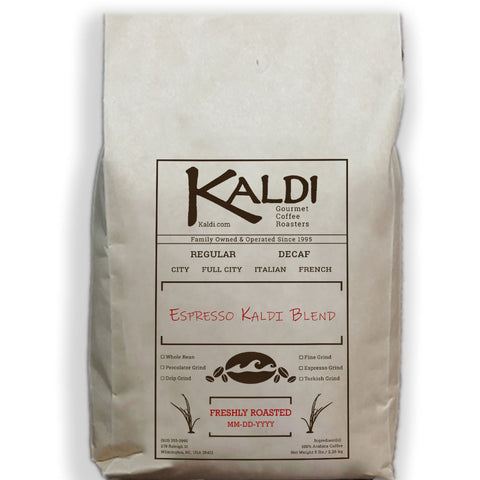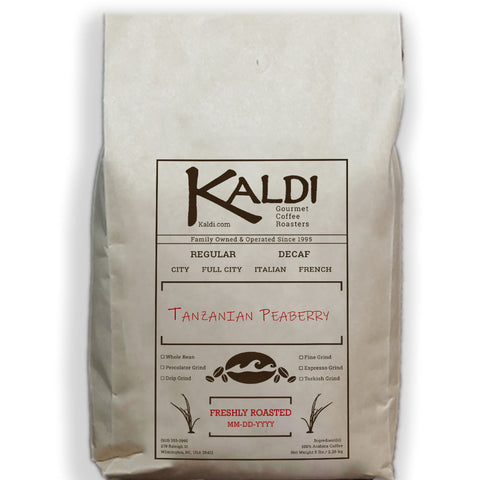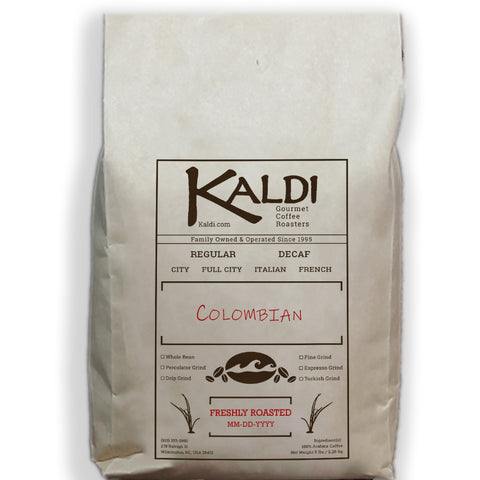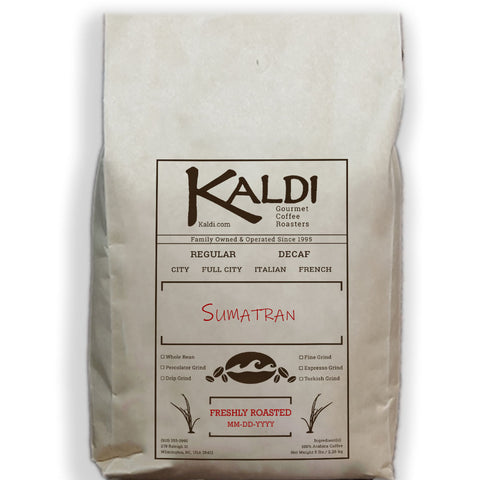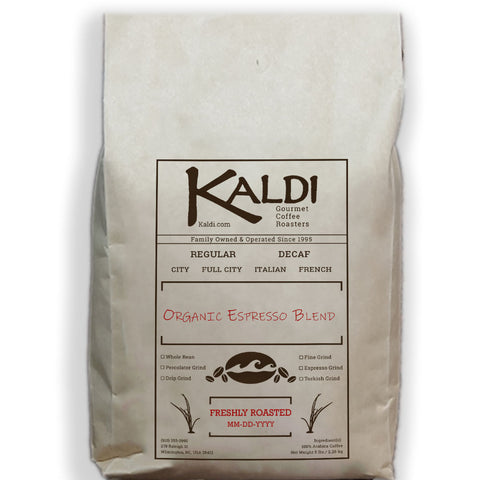Health Benefits of Coffee
Introduction
Coffee is not only a popular beverage enjoyed by millions worldwide but also a source of potential health benefits. Packed with bioactive compounds, coffee offers more than just a stimulating effect. Let's explore some of the potential health benefits associated with consuming this beloved beverage.
Mental Alertness and Focus
Coffee's caffeine content stimulates the central nervous system, increasing alertness, improving focus, and reducing fatigue. For many, a cup of coffee in the morning can provide a much-needed boost to kickstart the day. However, it's important to remember that individual responses to caffeine may vary.
Weight Management
Caffeine in coffee has been shown to have a temporary appetite-suppressing effect and can boost metabolism, potentially aiding in weight management efforts. It is worth noting that the effects may vary among individuals, and it is essential to maintain a balanced diet and avoid excessive added sugar or cream in coffee preparations.
Antioxidant Properties
Coffee is a rich source of antioxidants, such as chlorogenic acid, which can help neutralize harmful free radicals in the body. Antioxidants play a vital role in protecting cells from damage and reducing the risk of chronic diseases.
Heart Health
Research suggests that moderate coffee consumption may be associated with a reduced risk of heart disease, stroke, and heart failure. However, it's crucial to consume coffee in moderation and consider individual factors, as excessive consumption or specific heart conditions may have adverse effects.
Reduced Risk of Diseases
Regular coffee consumption has been linked to a lower risk of certain diseases. Studies suggest that coffee drinkers may have a reduced risk of developing type 2 diabetes, Parkinson's disease, Alzheimer's disease, and certain types of cancer. It's important to note that further research is needed to establish a clear cause-and-effect relationship.
Positive Effects on Liver Function
Enjoying coffee in moderate amounts has been associated with a lower risk of liver diseases, including liver cirrhosis and liver cancer. However, it's essential to note that excessive alcohol consumption can negate these potential benefits, and overall liver health depends on various factors.
Physical Performance and Exercise
Caffeine in coffee can enhance physical performance by stimulating the nervous system, increasing endurance, and reducing perceived exertion during exercise. Many athletes and active individuals rely on a cup of coffee as a pre-workout boost.
Brain Health
Preliminary studies suggest that coffee consumption may be associated with a lower risk of cognitive decline, depression, and certain neurodegenerative diseases like Alzheimer's and Parkinson's. However, more research is needed to understand the exact mechanisms and potential benefits.
Recommended Consumption Levels
To obtain potential health benefits from coffee, it is generally recommended to consume it in moderation. This typically translates to about 3-4 cups per day. However, individual tolerances and sensitivities to caffeine may vary, and it's important to consider existing health conditions and consult with a healthcare professional if necessary.
Conclusion
Coffee offers more than just a morning pick-me-up. With its potential health benefits ranging from improved mental alertness and weight management to antioxidant properties and reduced risk of diseases, it has become more than a beloved beverage—it has become a subject of scientific interest. As with any dietary component, moderation is key, and individual responses may vary. Enjoy your cup of coffee and savor the potential health perks it may bring!


